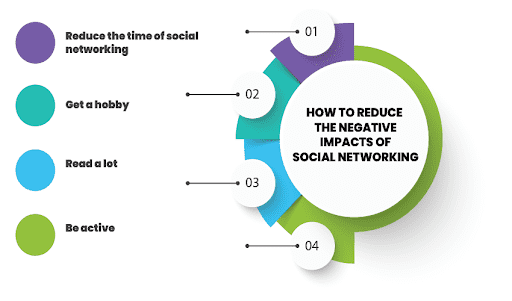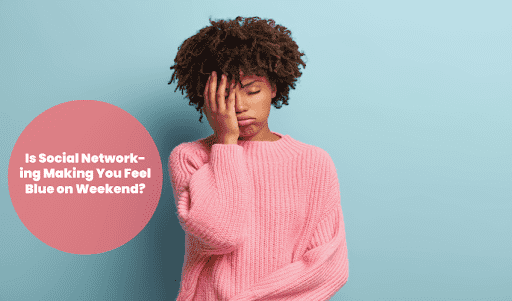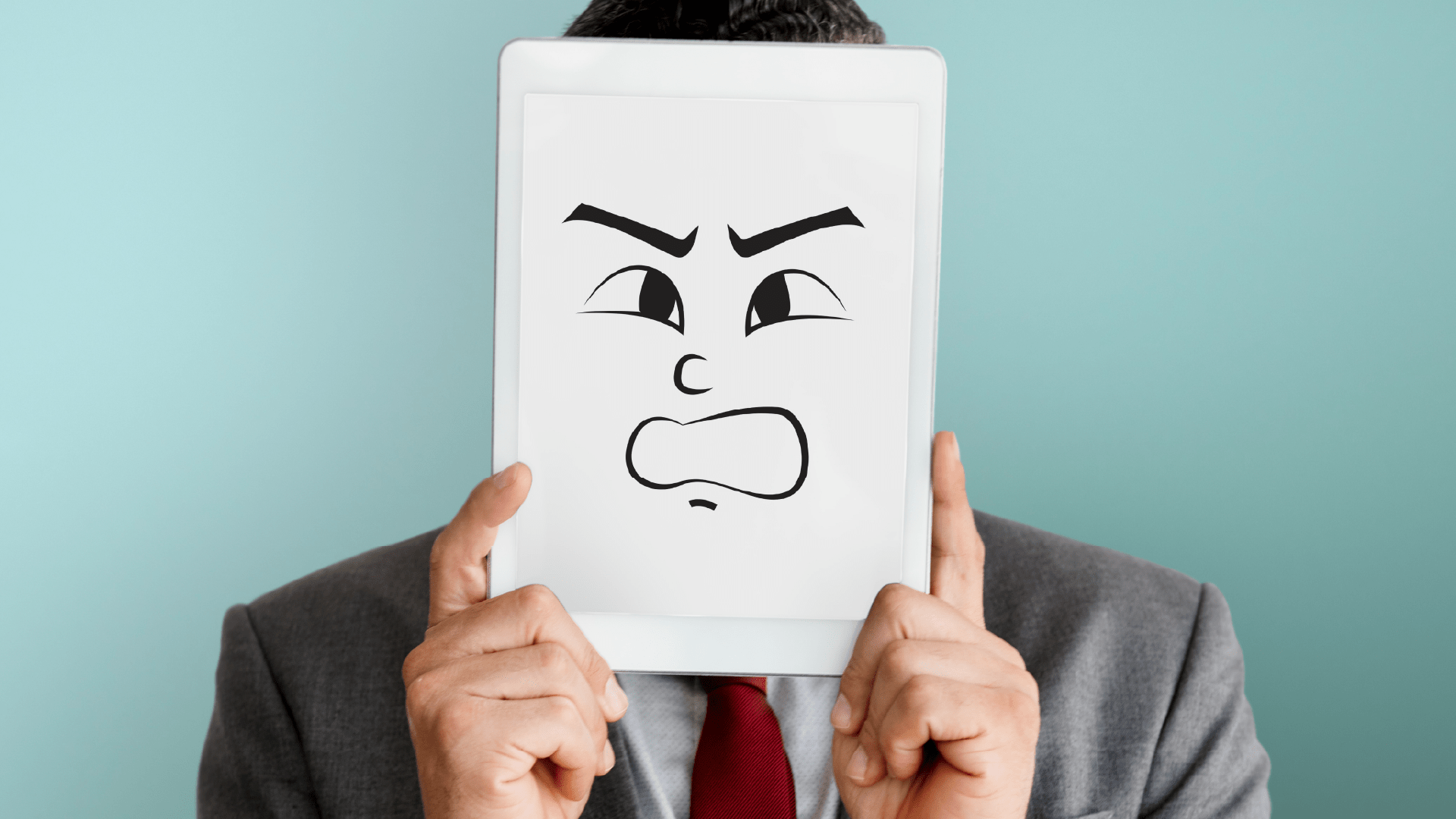Introduction
Weekends are meant to recharge your mind but do you feel low during weekends. So, what is the reason for feeling low during weekends? We will be reading about why you feel down during weekends, how social network makes people feel soft, and how to reduce its negative impacts.
Our Wellness Programs
The Reason Why you Feel Low During Weekends
Before we read further, let us discuss what feeling low means. Feeling quite happens after a period of distress and significant life changes; however, you can feel low periodically for no specific reason. This feeling may be a moody lack of motivation, depression, and sadness. Usually, this feeling goes away after some time on its own. It may be because of a lack of mental occupation if you feel low during weekends. When you work during the weekdays, your mind is preoccupied with work and busy with your job and social commitments. However, during weekends, when you are free, you tend to feel low or sad during such times. However, remember that this feeling is only for a brief time and goes on its own so we should do something different during weekend.
Looking for services related to this subject? Get in touch with these experts today!!
Experts

Mansi Chawla

India
Psychologist
Experience: 12 years

Sapna Zarwal

India
Psychologist
Experience: 19 years

Davis Emerson

India
Psychologist
Experience: 6 years

Manveen Kaur

India
Psychologist
Experience: 9 years

Bhavna Barmi

India
Psychologist
Experience: 11 years

Esha M. Puneyani

India
Psychologist
Experience: 14 years
How does social networking make people feel low?
One major factor for feeling low during weekends is our social networking.
- Many people believe socialising on social media platforms makes us happier.
- However, according to a study by ‘very well mind,’ people who do not spend a significant amount of time on social media tend to be happier.
- Social networking often instigates the feeling of F.O.M.O., which is the fear of missing out, dissatisfaction in life, inadequacy, and isolation.
- Multiple studies support the hypothesis that spending spare time on social media or social networking sites makes you feel low.
- People tend to spend a large chunk of their weekends on social networking sites which triggers the emotions of inadequacy, loneliness, dissatisfaction with life, and F.O.M.O. This causes you to feel low during weekends.
What are the adverse effects when social networks make you feel low?
Social networks like Instagram, Twitter, Facebook, etc., adversely affect our brains.
- It is a common misunderstanding that social networking platforms bring people together and are an excellent tool for sharing our lives’ insights.
- However, many researchers and studies indicate quite the opposite.
- According to a study by Business Standard, social media makes people less happy, low, and less popular.
- The study revealed that people who limit their time on social networking sites tend to be more comfortable and in a rejuvenated mood.
- But when we see social media profiles of active users, the picture tells quite the opposite story. The study reveals that popularity on social networking sites is indirectly related to happiness.
- According to this study, when someone with handsome social media popularity browses through other people’s profiles who seem to have fun, they start feeling left out, commonly abbreviated as F.O.M.O.
- It subsequently makes them feel dissatisfied with their life, giving them feelings of inadequacy and loneliness.
These are the adverse effects of using excess social networking sites.

How to reduce the negative impacts of social networking
Many studies have indicated that social networking sites make us unhappy, less popular, and feel low. So how can we avoid or reduce the negative impacts of social networking? We can reduce the adverse effects of social networking by following the steps below:
1. Reduce the time of social networking
The first step to reducing the negative impacts of social networking sites is to reduce the time spent on social networking sites. You can build the habit of not using electronic gadgets 2-3 hours before bed. Doing these small things will help reduce the impacts of social networking.
2. Get a hobby
Getting a hobby is an excellent way to reduce your time on social networking.
3. Read a lot!
Reading is a great way to rejuvenate your mind and reduce social networking. Make a habit of reading at least 15-30 minutes daily, and you will start to feel happier and more peaceful.
4. Be active:
Be active always. You will be happy.
How to overcome feeling low and social networking
As we read above, if we restrict social networking platforms, instil hobbies and good habits like reading, and limit our social media presence, we can reduce the negative impacts of social networking sites. By doing the following steps, we can overcome all the adverse effects of social networking sites like feeling low, inadequate, dissatisfied with life, etc. and these steps help us to spend happy hours during weekend.
1. Limit your social media presence
To be happy and calm, reduce your social media presence limit. You can make your accounts private and follow only close friends and family on social media platforms.
2. Stay away from toxic platforms.
Another negative impact of social networking is the toxicity it brings along with it. Many social media platforms like Twitter, Instagram, etc., have lots of harmful content like bullying or negative news, which may make you feel low. So, stay away from these elements.
Conclusion
We are living in the 21st century. Social networking is an integrated part of human life, negatively impacting it. Excessive use of social networking brings missing out, dissatisfaction, inadequacy, and a feeling of lowness. We spend our central time on social networking during weekends. Hence, we tend to feel low and sad during weekends.
But we can avoid this by following a few steps. We can limit our social networking time by restricting our social media presence by keeping our profiles private, following the ones we know and care about, and instilling good habits and hobbies like reading. It will reduce our time on social networking and help us overcome feeling low. If you are finding it difficult, you can reach out to the trained mental health professionals at United We Care to guide you through it.
| [1] | J. M. Butler, C. K. Whalen, and L. D. Jamner, “Bummed out now, feeling sick later,” J. Adolesc. Health, vol. 44, no. 5, pp. 452–457, 2009. |
| [2] | S. Brooks, “Does personal social media usage affect efficiency and well-being?,” Comput. Human Behav., vol. 46, pp. 26–37, 2015. |

















